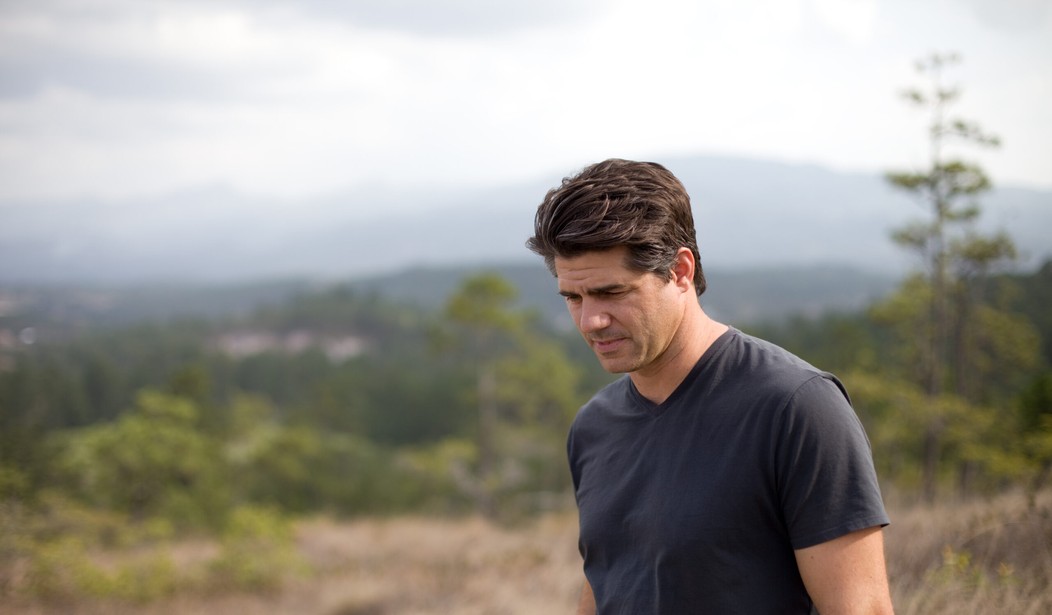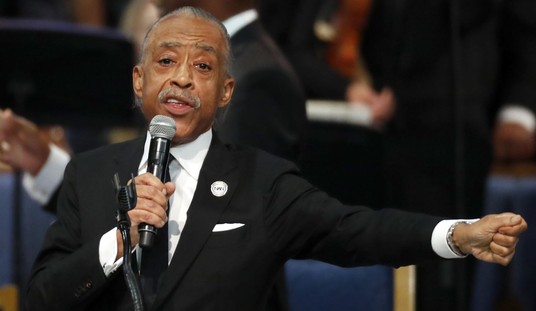Joshua Becker is a former pastor and an expert on minimalism. His books and blog, BecomingMinimalist.com, have earned him global recognition and helped many people simplify their lives. Becker’s latest book, Things That Matter: Overcoming Distraction to Pursue a More Meaningful Life, intends to help people focus on what’s truly important.
Becker and I discussed his latest book in a recent interview.
Cameron Arcand: You’ve already written a few books about minimalism. So what makes this one different?
Joshua Becker: It takes the principles of minimalism and applies them to other areas in our lives. So my purpose for pursuing minimalism was to remove the distraction that physical possessions can become from the things that matter most in our lives.
Unnecessary physical possessions take our time and money and energy and focus, but possessions aren’t the only action that can keep us from a meaningful life. There’s also the pursuit of money, fame, leisure, trivial technology, fear, and past mistakes, even the selfish pursuit of happiness. So this book tries to apply those principles. How do we overcome that distraction so that we can live for things that actually matter?
CA: How do you think the idea of minimalism can help people grow closer to God?
JB: So most of these distractions, maybe all of these distractions are, I think, worldly based. They are distractions of the world: money, happiness, possessions, fame, and even leisure. You won’t find retirement in the Bible. You find Jesus all along, trying to warn us about this. Life is not found in the abundance of possessions. He tells the rich young ruler to sell his possessions and “come follow Me and you’ll have treasures in heaven.” Of course, there’s the parable of the wealthy farmer who builds his new barns and builds his big new house. And then his life is taken from him. And He’s like, “You fool. Why did you do all that?” I was a pastor for 15 years and I used to read what Jesus said about money and possessions, and I always thought to myself, “Okay, I get it.”
If I give away all my money, I’ll have treasures in heaven, but that would sure lead to a pretty boring lifestyle today, that would sure be crummy today, but at least I would have treasures in the future. Until I started actually doing what he calls us to do. I actually decided to just own the things that I need to own.
I decided that my life didn’t have to be about just acquiring more and more money all the time, that I could use my money for other things. What I found was that my life really began into a line toward things of eternal value, toward accomplishing the good that He’s called me to do in the world. I found a life of more fulfillment and purpose and passion by doing that.
CA: One thing I wanted to touch on was the distraction of leisure. That’s something that crosses a lot of people’s minds. Many people see leisure as always a positive thing. But I was wondering if you could dive into that distraction in particular and your concerns with it.
JB: CNN once called early retirement “the new American dream,” and my thinking on this was shaped in two ways. Number one, Dorothy Sayers — she was in Great Britain around World War II. She wrote an essay called “Why Work,” and she makes the point that, for most people, work has become a selfish pursuit. Work is the thing that we do to make the money, to go buy a bigger house, to go take a nicer vacation, or to get out of work as soon as we possibly can. She makes the point that when we view work selfishly, there isn’t much fulfillment or meaning in it. It just becomes the thing we do so we can stop doing it as soon as possible.
She said a better way to consider work or, I think even the biblical way, the God-designed way to view work, is that work is selfless, that I do what I’m good at so that someone else can do what they’re good at.
We’re all serving one another, helping one another live better lives. And in that way, society moves forward in a positive way. This doesn’t align with my historical view of the world, but I always picture the very first families, and they were all hunting, fishing and farming, and building and sewing. And at some point, some guy has a brilliant idea, and he is like, “Hey, you’re better at hunting. Why don’t you go hunt? And I’ll stay home and build houses. And at the end of the day, we’ll trade and we’ll all have better houses and we’ll all have better food.”
This is the view of work as service to one another, or as Paul calls it, love. That our work is an act of love to other people. So that was always a meaningful thing to me. The second one, I got from my grandpa, he worked until he was 99 and a half. He always said, “I want to retire three days before my funeral.” He always used to tell me, “Joshua, retirement was invented by the politicians.” You won’t find it anywhere in the Bible. He was a pastor as well. He’s right. You don’t find retirement in the Bible. I always remembered him saying that retirement was invented by the politicians and he’s right.
I went back and found the history, and I forget the exact dates, but retirement was basically invented in Germany by a politician who wanted to be elected or wanted to gain power. He said, “If you’re over 65, I’ll just give you money every single month, and you don’t have to work anymore.” It’s basically a 120-year-old invention, and I’m not sure it’s serving us all that well. I think it adds a lot of stress to people’s lives. It makes the goal of work to get out of work as opposed to being a positive contributor to society.
CA: Do you worry that the next generation of Americans may be more distracted in comparison to previous ones? Or are we all similar?
JB: I think every generation has its own issues. I imagine everything being said about the internet today was said about television 60 years ago, and that everything that was said about television 60 years ago was said about radio 60 years before that.
When I was in college studying theology, we had to read — I forget the church father’s name, but he wrote a whole article about how going to the Roman Coliseum was a waste of time and was a distraction from things that actually matter because it takes our minds off of more important things. So I think that distractions have always been around us.
This interview has been edited for grammar, length, and clarity.








Join the conversation as a VIP Member